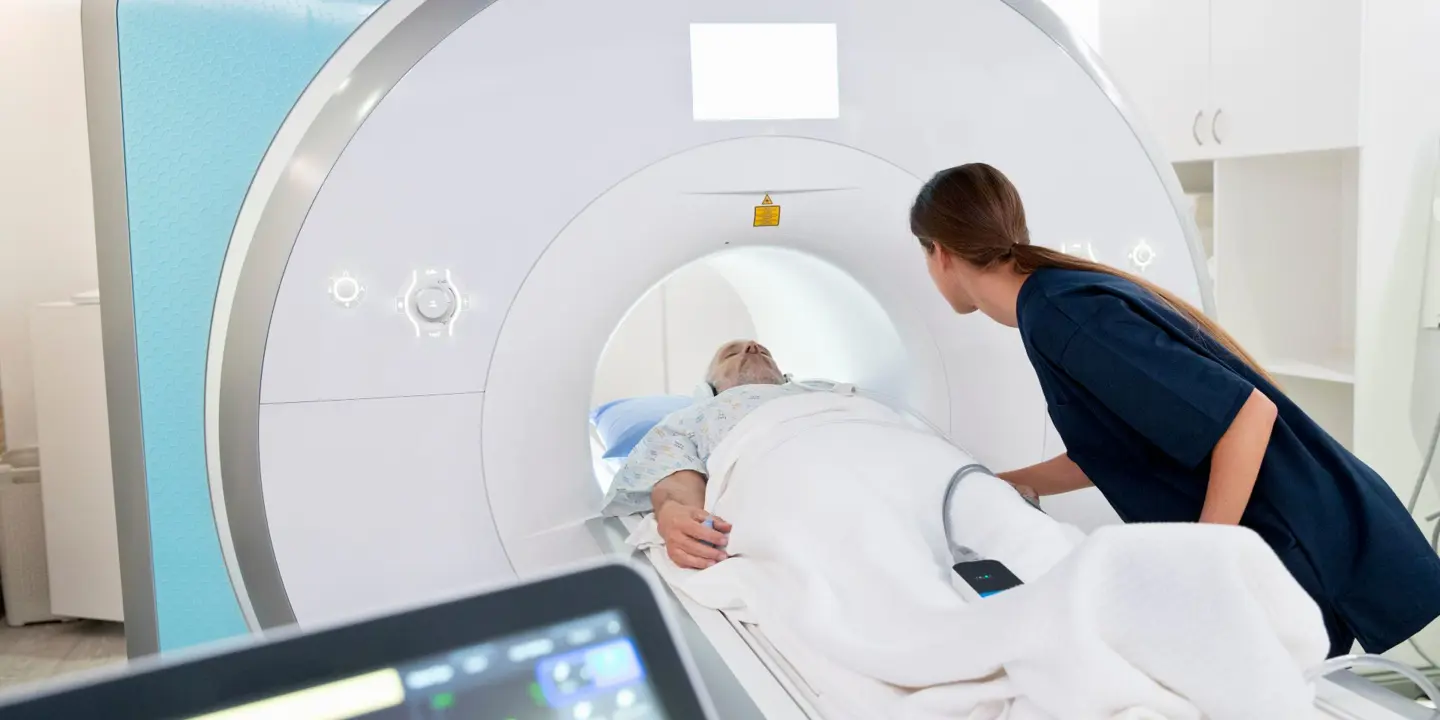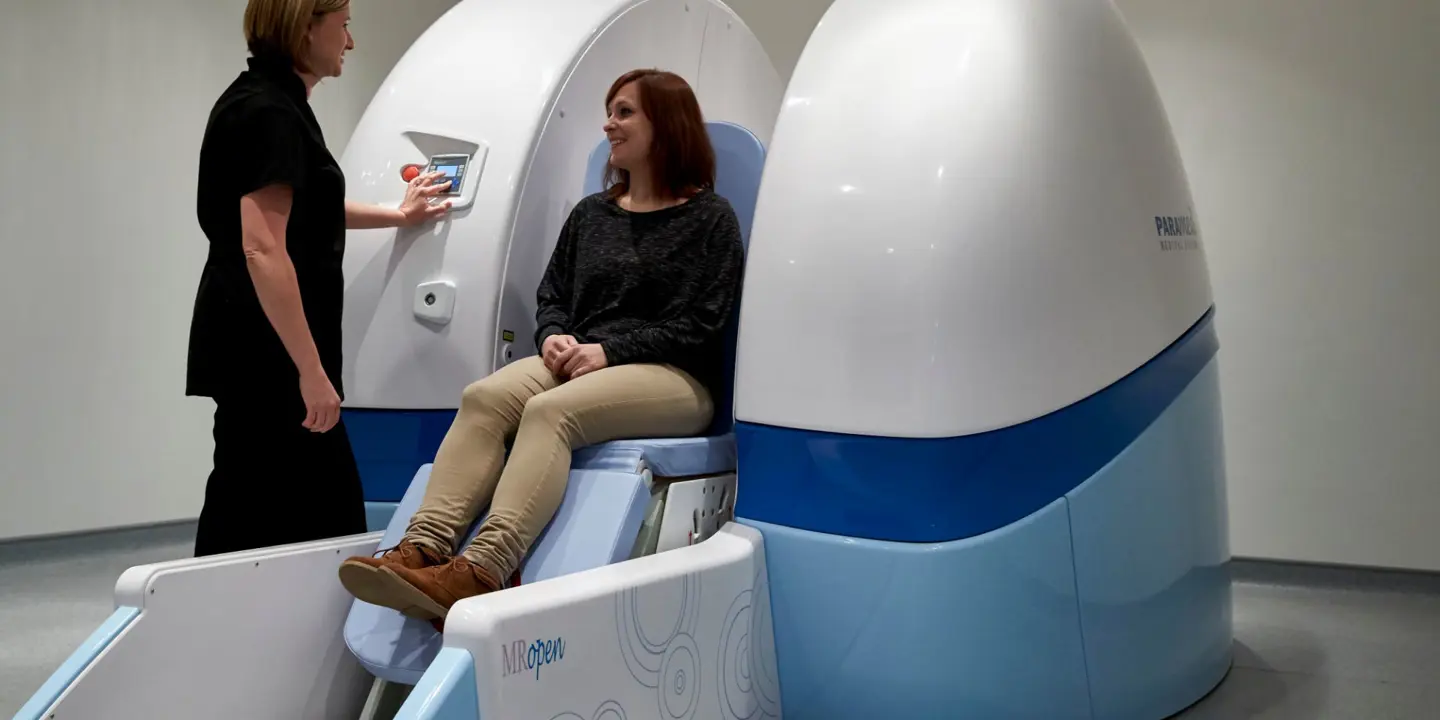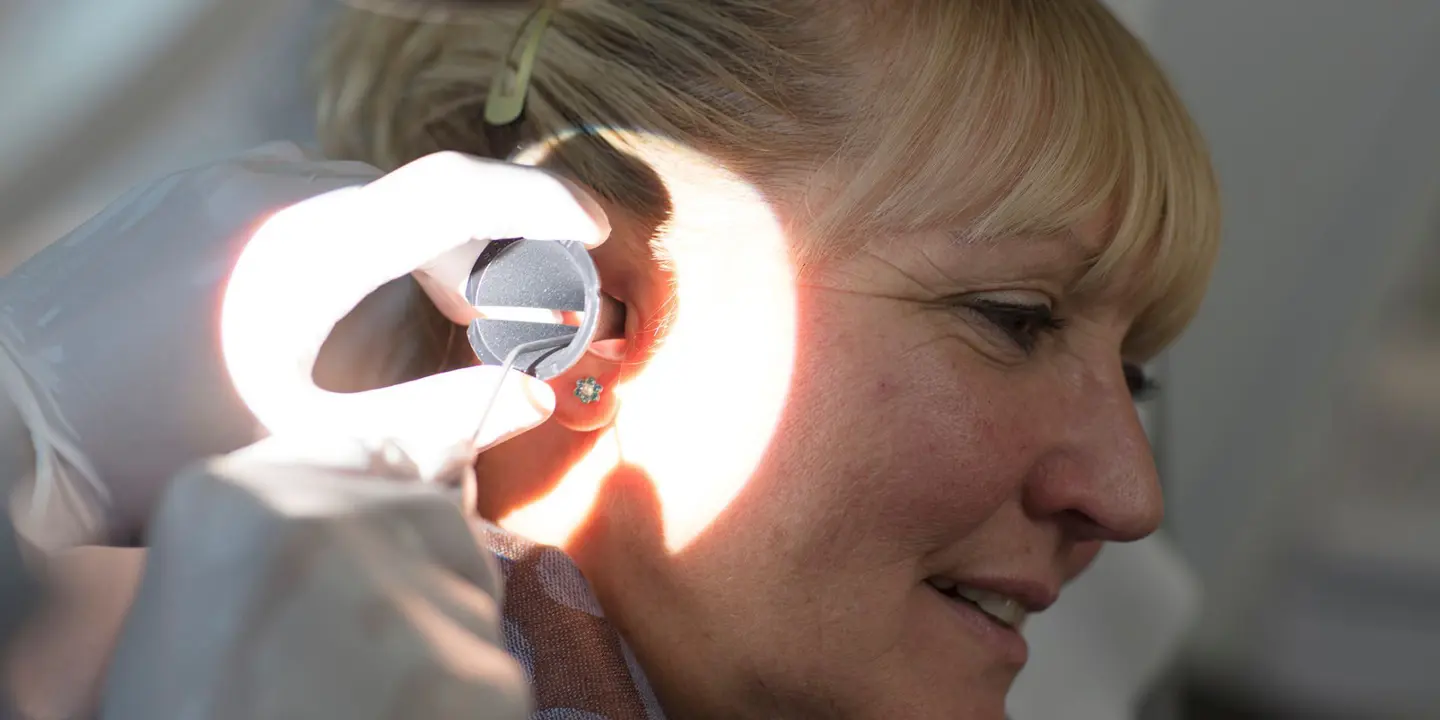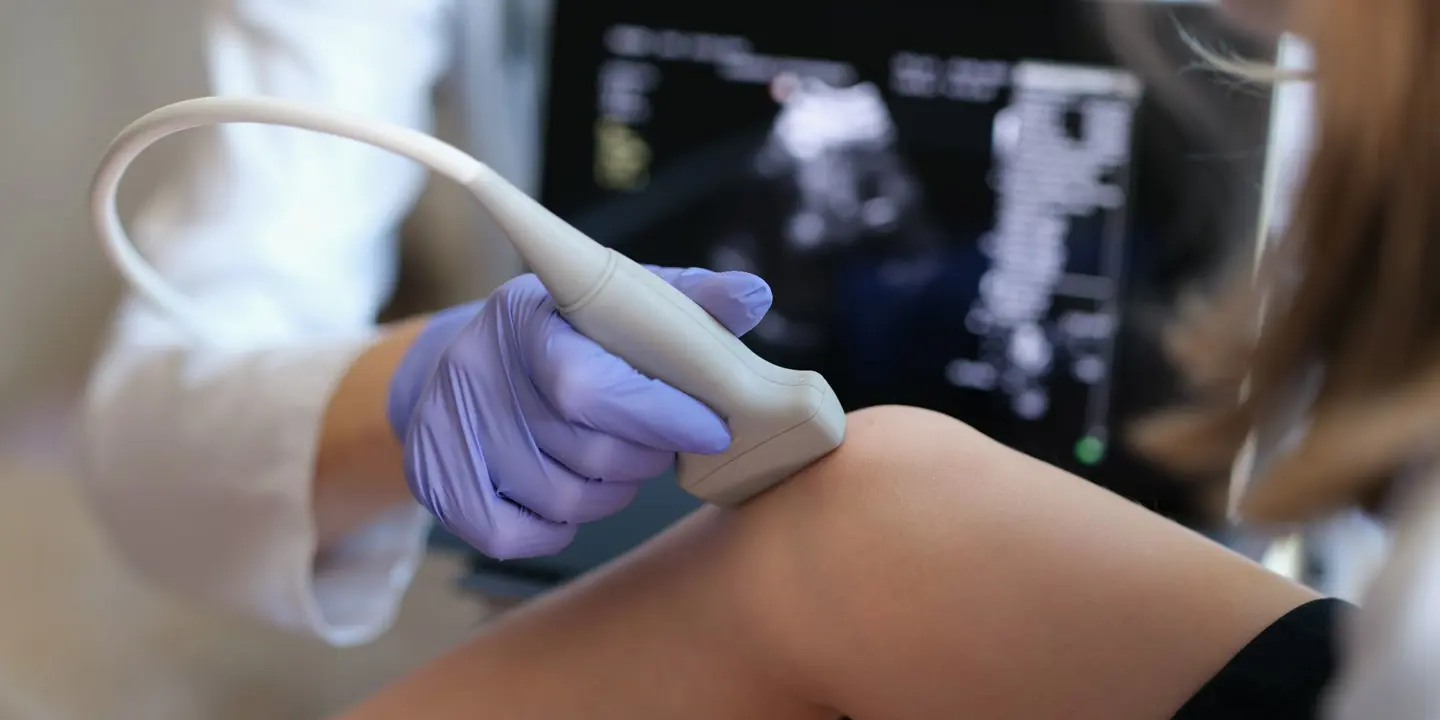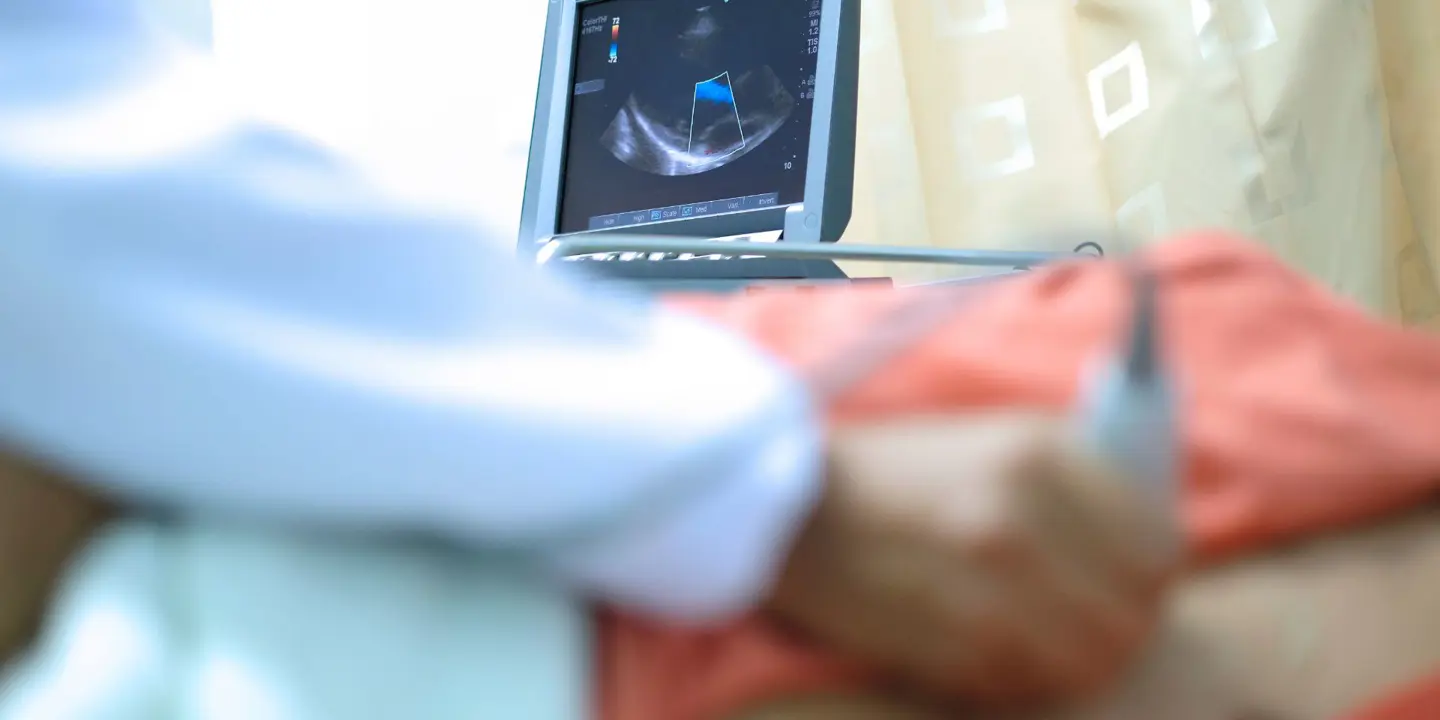What Are MRI Scans?
MRI is an abbreviation for Magnetic Resonance Imaging. The MRI scan technology became commercially available in the late 1980s and it’s one of the most commonly used worldwide approaches for detecting human body abnormalities.
Because of its ability to penetrate deep beneath the bone structure, radiologists commonly use it to diagnose diseases that are hard to notice, such as tumours and cancer cells.
How Does an MRI Scan Work?
MRI stands for Magnetic Resonance Imaging which is a way of taking pictures inside the body without using x-rays. An MRI scanner is a large, hollow tube open at both ends. A strong magnetic field and radio waves create images of organs and other structures inside you. It can therefore be used to provide pictures of your spine.
Common Uses of MRI Scans
Depending on which area is scanned, your spinal MRI will reveal certain information. The scans often reveal your vertebrae, intervertebral discs, spinal cord and other nerves, brain stem, arteries and veins, related muscles, and other soft tissues surrounding the spine. A detailed image of the back region is produced using an MRI (Magnetic Resonance Imaging) scan of the cervical (upper area), thoracic (middle), or lumbar (lower back).
A spinal MRI scan can also be used to diagnose a wide range of uncommon spinal injuries and disorders, such as:
- Sclerosis
- Scoliosis
- Arthritis
- Spine infections
- Conditions that have occurred after a spinal accident or trauma.
Additionally, an MRI scan may be performed prior to or following spinal surgery to serve as a reference for the operating doctors.
Can MRIs Help With Back Pain?
Considering all the situations mentioned above in which an MRI can be helpful, you can often diagnose potential causes for lower back pain and spinal injuries with MRI.
You may require a spinal MRI scan if you’re experiencing any of the following:
- Shooting or burning pain in your spine or down your limbs
- Numbness or tingling in your hands or feet
- Weakness in any part of your body
- Incoordination or paralysis
However, not every back pain is treated equally or caused by a medical condition. An MRI scan itself cannot tell how someone is feeling and provide part of the information needed to make a diagnosis.
When to Consider an MRI Scan for Back Pain
It is important that clinical symptoms are checked with a specialist to ensure MRI is going to be of use.
Nine out of ten people with no pain will have signs of spinal degeneration on MRI. These can be common as we become older and may be signs of wear and tear rather than a cause for any symptoms.
Should you be experiencing any of the following, then urgent medical attention may be advised:
- Reduced awareness or bladder filling
- Loss of the urge to go to the toilet
- Reduced awareness when peeing
- Inability to voluntarily interrupt the stream of urine in mid-flow
- Recent onset or progressively worsening weak urinary stream with terminal dribbling
- Altered sensation over the genitalia
- Some alteration of peri-anal sensation (a "numb bum" on wiping). There may also be perianal paraesthesia or pain
Vista Health: Affordable Private MRI scanning for Back Pain
At Vista Health, we welcome patients with or without a referral form from a GP so you can take control of your own health and receive an accurate diagnosis of your back pain by booking an MRI scan. The diagnostic clinics of Vista Health are spread in 50+ locations across the UK, equipped with the latest sophisticated technology for diagnosis. Our highly qualified GPs can refer you for a diagnostic scan and allow you to discuss your health concerns. Get in touch with our team to book your GP consultation or call us on 0333 305 3801.
References:
www.nicswell.co.uk/health-news/back-pain-leading-cause-of-disability-study-finds



